In an interview with the Press TV, Saleh Abu Izzah said, "Tel Aviv regards Iran as a strategic threat against its existence because sections of the Iranian Army and the Islamic Revolution Guards Corps (IRGC) have managed to form a strong military system in spite of all US and international sanctions."
Abu Izzah said the Israeli regime is wondering about the extent and quality of Iran’s power after Tehran makes use of China’s military technologies, especially in its missile and aerial defense sectors and in upgrading the country’s air fleet.
He said the agreement has turned into a priority for Israeli regime media outlets and think tanks, which assess the effects of different aspects of the agreement on the Israeli regime and how to counter it at political and security levels.
Iranian Foreign Minister Mohammad Javad Zarif and his Chinese counterpart Wang Yi signed the Sino-Iranian Comprehensive Strategic Partnership on March 27 to strengthen bilateral ties between the two countries in various fields.
The deal, which had been in the making for five years, comes three years after the US scrapped a historic nuclear deal that Iran signed with six world powers in 2015, officially known as the Joint Comprehensive Plan of Action (JCPOA), and imposed harsh economic sanctions on the country, which hampered Iran’s efforts to expand its economic relations with other countries as they feared to be subjected to US secondary sanctions.
‘Israeli regime, Saudi Arabia after coaxing Biden out of rejoining JCPOA’
Meanwhile, the administration of US President Joe Biden has promised to re-enter the nuclear deal on a number of occasions since assuming office – a decision that has been strongly criticized by the Israeli regime and Saudi Arabia.
Abu Izzah told Press TV that the regime in Tel Aviv has been calling for the harshest sanctions on Iran, adding that the Israeli regime and Saudi Arabia have tried hard to convince the United States not to return to the nuclear agreement, which was abandoned by former US President Donald Trump in May 2018.
He added that the Israeli regime continues to press the Biden administration to exert more pressure on Tehran and make it accept that the Iran-China agreement should be part of talks with the Islamic Republic on the revival of the nuclear deal. The main goal of all these Israeli regime efforts, the analyst said, is to undermine the partnership agreement between Tehran and Beijing.
Abu Izzah further explained that the most important option for the Israeli regime is to mobilize regional countries as well as the US and European countries to pressure China through its investments in those countries and also to pressure Tehran through the JCPOA talks.
The West Asia expert noted that Israeli regime experts are coming up with new plans to counter Iran after the agreement with China, through coordination with the United States Central Command (CENTCOM) and the United States Indo-Pacific Command, which can be done by highlighting certain issues with China.
“This means that Washington and Tel Aviv may ask China to cancel the partnership document with Iran in exchange for a reduction of pressure on Beijing over certain issues,” he added.
He also maintained that some Israeli regime intellectuals urge the regime to enter into talks with the Saudis and other Persian Gulf states in this regard.
“I believe the purpose of this measure is to mount pressure on and threaten China with regard to its investment [deals] with the Israeli regime and the Persian Gulf states,” he added.
Elsewhere in his remarks, the expert pointed out that the Israeli regime continues to insist on pressuring Iran while taking into account attacks on the country's nuclear facilities.
Abu Izzah further stressed that the Iran-China partnership deal will strengthen Iran’s domestic and regional status and will help Iran foil the impact of US sanctions by serving as leverage against Western countries’ pressure.
HJ/PR

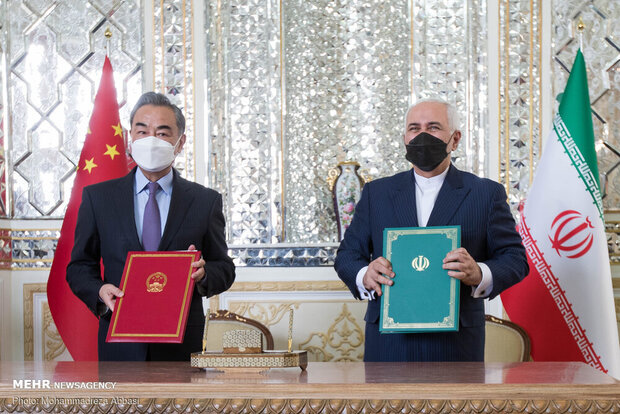
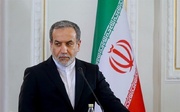
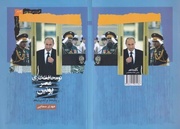

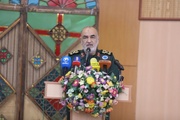
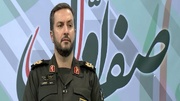
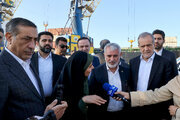
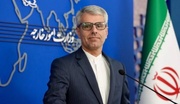

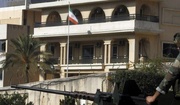
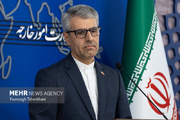








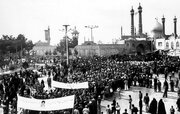

Your Comment